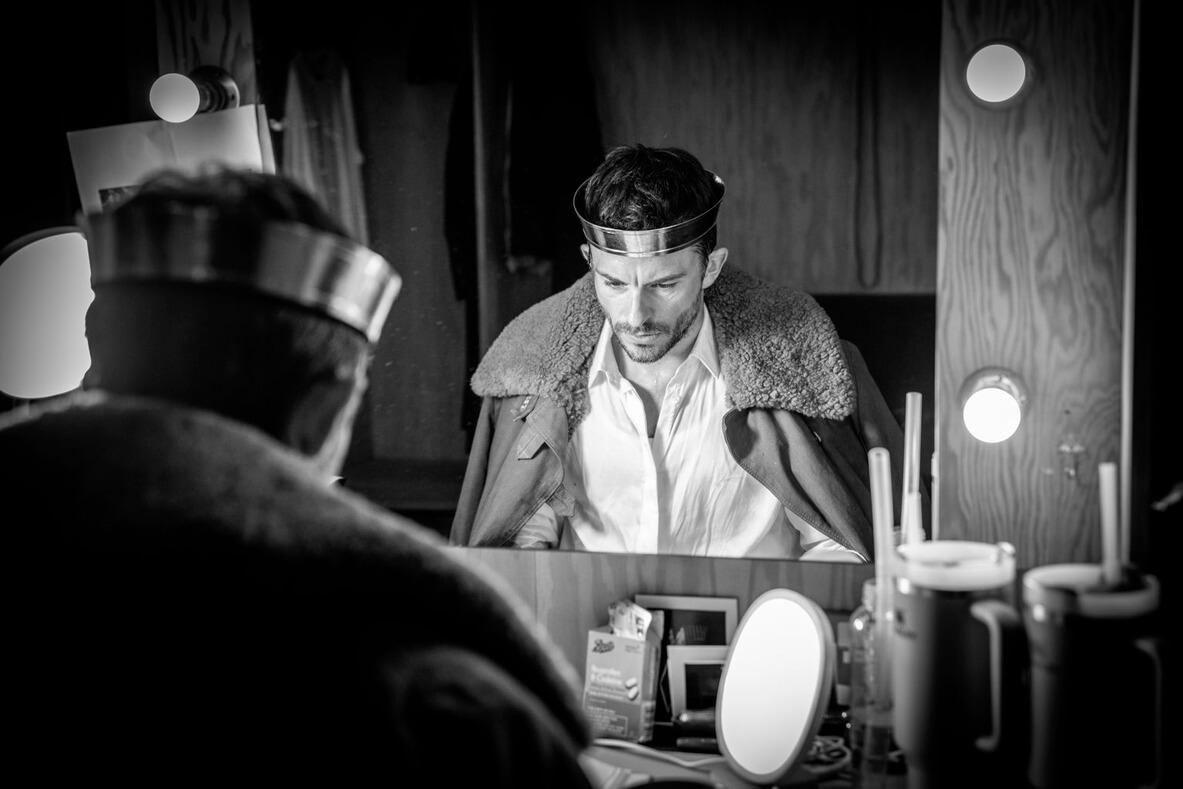It explores a little known area of North Korea’s relations with the outside world (certainly I had no knowledge of it at all before reading the programme): namely, that several Japanese nationals were abducted from coastal towns by marauding North Koreans operating by boat; were then brought to North Korea and interned for unspecified lengths of time; were forced to teach Japanese language and culture to North Koreans enabling them to pass as Japanese in the outside world and carry out clandestine or terrorist operations; were given no information as to when their services might be completed and they might be allowed to go home. During the 1980s it is thought approximately 15 Japanese were abducted in this manner.
Our story follows Hanako, who disappears from the beach by her home in just this manner, and wrestles to hold on to her sense of self through decades of semi-imprisonment which see her learn perfect Korean, marry a Korean man, and have children. Meanwhile, not knowing Hanako’s fate haunts family and friends back home. Will Hanako hold on to who she is while becoming further immersed in the hellish world of the DPRK, while her loved ones struggle to uncover the truth of her disappearance? Is her outward devotion to the regime a survival strategy or part of her Stockholm syndrome?
Francis Turnly’s play, spanning 22 years’ worth of events and emotional trauma, is incredibly ambitious. It’s almost straining to become a 10-part TV series, or perhaps a giant era-spanning epic in the vein of O’Neill’s Strange Interlude. Tom Piper’s design creates a great palatial structure out of revolving wooden blocks, while video designer Luke Hall’s projected waves break across the space. But Polly Bennett, whose writhing Denise Gough clones wowed the Dorfman when People, Places & Things first dropped, feels somewhat muzzled here as movement director in the transitions, which is a shame. Kirsty Rider stands out as protagonist Hanako, coping with each fresh emotional curveball the story throws her with aplomb, but some of the other performances and characterisation would benefit from further shades and shifts.
A few moments take the breath away, including the twisted Pygmalion-esque scenes between Hanako and the woman she is forced to teach Japanese to, and a scene on the day of Kim Il Sung’s death where a father beats his daughter to ensure that she cries to save her from accusations of sedition. The earnest attempt to give a glimpse behind the North Korean curtain and embody some unheard voices in an empathetic manner is really powerful. But none of these moments linger quite long enough to become a great scene: there’s almost too much to get through - particularly when such heavy subject matter as abduction, family trauma, and forced imprisonment is in play. What’s more, the workmanlike quality of the writing comes across as rather wooden, which combined with pacing issues mean it’s not quite theatrical enough to be theatre - it’s hard to shake the feeling if this play were submitted by a less established writer, it would be summarily rejected.
Nevertheless the second half is stronger than the first and one would be hard pressed to leave unmoved. The Great Wave is an involving political thriller that opens the eyes to an area of history relatively unknown in the West. Certainly and. It’s sure to be of interest to anyone keen on Japanese or Korean culture, 20th century history, or political theatre.

 The National’s The Great Wave, a co-production with the Tricycle Theatre and directed by the Trike’s own Indhu Rabusingham, has its work cut out for it.
The National’s The Great Wave, a co-production with the Tricycle Theatre and directed by the Trike’s own Indhu Rabusingham, has its work cut out for it.



 Naomi Sheldon stars as GG in her writing debut GOOD GIRL, a feminist journey from 1995 to the present day. The show could benefit from more creative direction, yet it remains an ardently acted one-woman piece that beckons the audience to question; why are women forced to fit in, be good or behave? GOOD GIRL begins to explore the isolation that we face from not always being exactly like everyone else.
Naomi Sheldon stars as GG in her writing debut GOOD GIRL, a feminist journey from 1995 to the present day. The show could benefit from more creative direction, yet it remains an ardently acted one-woman piece that beckons the audience to question; why are women forced to fit in, be good or behave? GOOD GIRL begins to explore the isolation that we face from not always being exactly like everyone else.